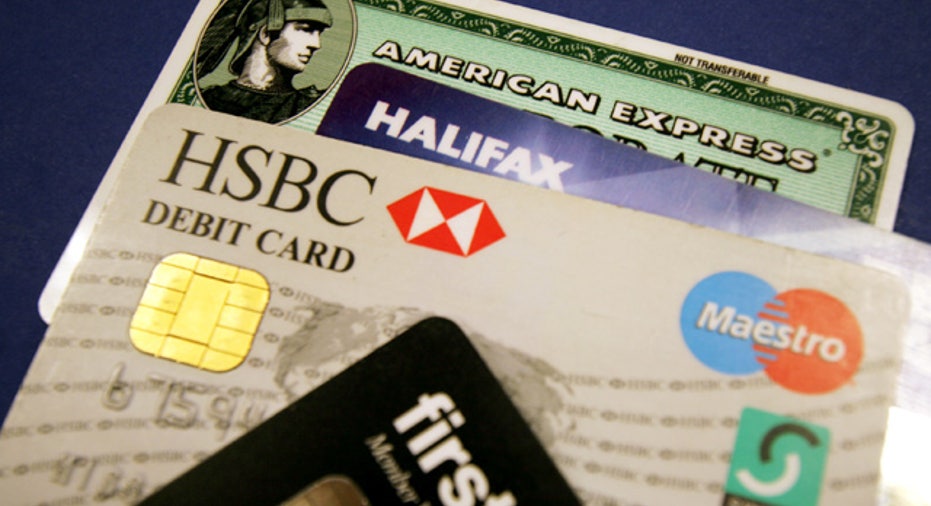Too Many Credit Requests Spoil Your Score

Dear Credit Card Adviser,
My husband just purchased a new vehicle, and after reviewing our debts we have decided to try to reduce the interest rate on our only credit card. If our current credit card company won't give us a reduction, we are thinking about applying for a new card with a better rate and transferring the balance. I am concerned about how this will affect our near perfect credit score. Would we be better off waiting a few months before applying for a new card?
- Jillian
Dear Jillian,
It's not clear from your question whether you or your husband would be applying for the new credit card if you can't get the rate on your current card lowered. Let me stress that while you may share your credit obligations, you don't share a credit score as husband and wife. Your credit score is based on your individual credit report.
Whoever would be applying for the new card is the one whose credit score would be checked and then impacted by the new account. A joint credit card account would affect both of your individual credit histories.
For the sake of a coherent answer, I'm going to assume your husband is the one who would be applying for the new credit card if the rate-reduction request doesn't work out.
Too many requests for new credit can lower your credit score. Except in the case of rate shopping for a mortgage, student or auto loan, each application for new credit will count as a separate "hard" inquiry. Hard inquiries, which are triggered in connection with a new financial obligation, count toward your credit score. "Soft" inquiries, which indicate credit checks not tied to a new financial commitment such as checks by prospective employers or creditors conducting account reviews, do not count toward your credit score. The two types of inquiries will be listed separately on your credit report.
"The typical (hard) inquiry counts for less than 5 points," says Barry Paperno, consumer operations manager at FICO, the company that created the popular FICO credit score. Inquiries count toward a factor worth just 10% of a FICO score, so inquiries alone likely won't drive a high score into the ground.
Inquiries will drop from your credit report after two years, and hard inquiries will only affect your score for the first year. According to Paperno, the impact doesn't diminish throughout the first year, so postponing a new inquiry for a few months after taking on a car loan wouldn't really make a difference. A new inquiry made tomorrow would count the same as one made three months from now.
What could make a difference is a change in revolving utilization, or balance-to-limit ratio on revolving accounts such as credit cards. Utilization, which is calculated on individual accounts and across all revolving accounts, contributes toward a factor worth 30% of a FICO score.
If the amount of debt transferred to the new card takes up a sizable portion of the credit limit on the account, it can result in a high utilization for that card. That, in turn, could lower his credit score temporarily until the debt is paid down.
If he wanted to maximize his score, ideally he would keep open the account from which the debt was transferred. Closing an account that has no balance lowers your overall available credit, which can increase the utilization ratio.
Assuming his score is high enough to qualify for the credit card you want and you're not going to be applying for another loan in the near future, it doesn't sound like there is a reason to hold off on a credit card application.



















